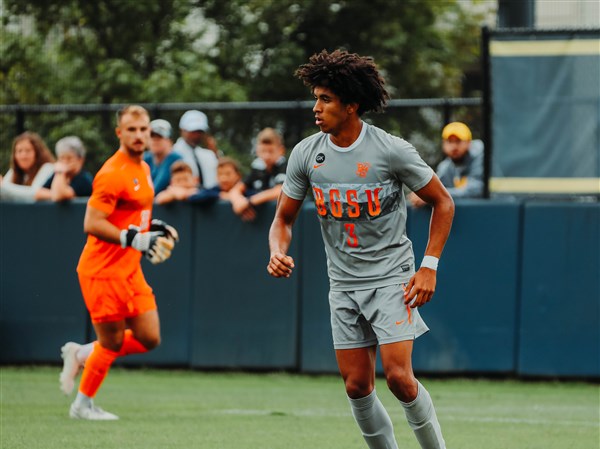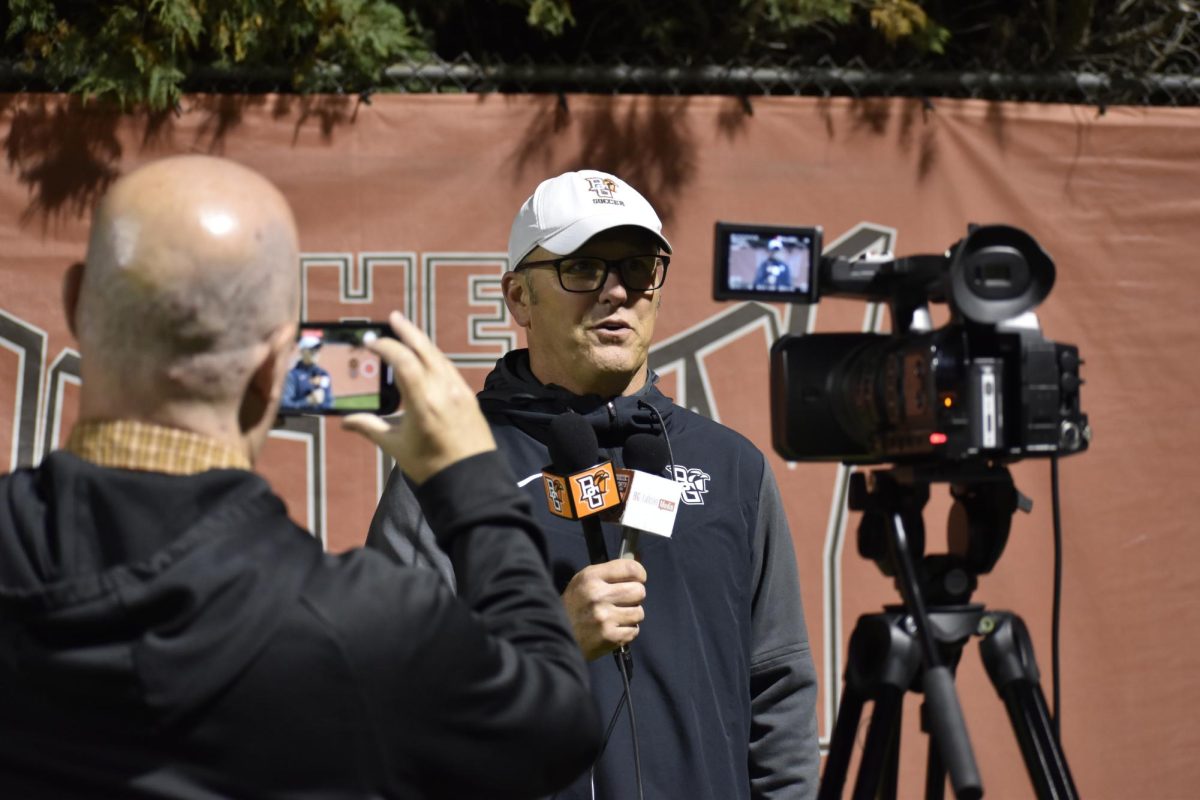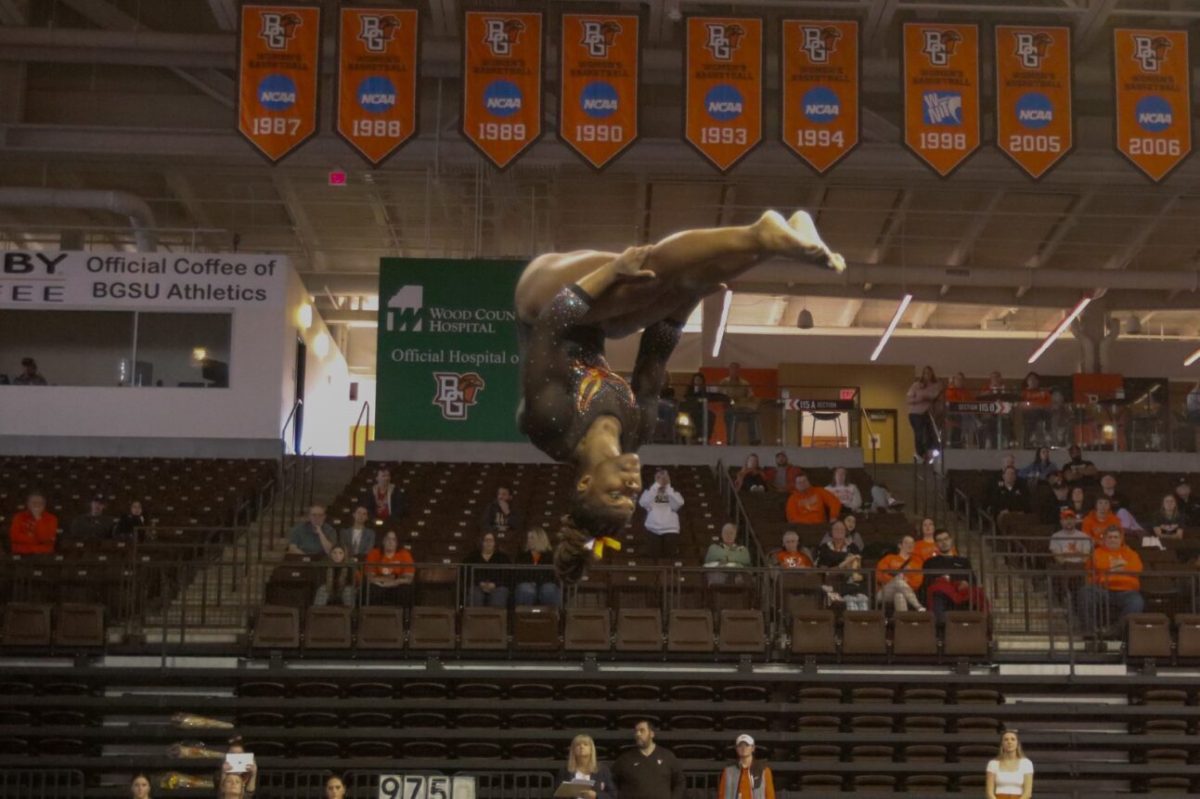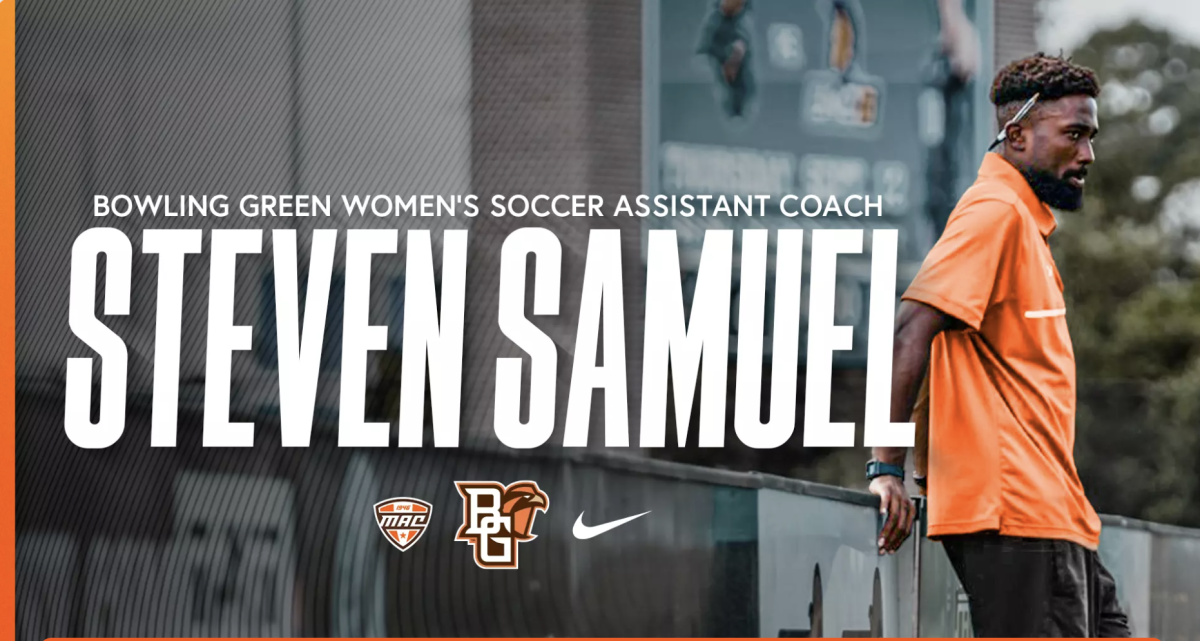Joshua Strange was a student at Auburn University.
In May 2011, he met a female student and she soon moved into his apartment.
However, at the end of June, she accused him of rape. The police were called and Joshua was questioned.
After that, she had a change of heart and returned to his apartment the same day. The relationship continued and no charges were pressed.
But things soon went awry. In early September, he was arrested after she charged him with assault. This time she pressed charges, not only for the September assault but also for the June “rape.”
In February 2012, a grand jury refused to indict Strange for rape due to lack of sufficient evidence. He stood trial in May for assault. The former girlfriend failed to appear at the hearing and the prosecutor threw in the towel. Case dismissed.
But Strange was expelled from Auburn by a campus tribunal for committing “sexual assault and/or harassment,” in spite of his not being prosecuted, let alone convicted of any charge. Auburn contends its procedures are independent of any judicial oversight.
A public university’s by-laws and rules should mirror the legal protections available to any citizen. One doesn’t abandon legal rights when stepping onto a public university campus.
The Auburn “tribunal” was a joke, a mockery of due process. The university took it upon itself to move forward against Strange, despite a lack of objective evidence or a record of conviction.
Although a participant is free to have an adviser at these hearings, the adviser is not allowed to speak. The hearings are closed to spectators. None of the committee members had any legal training.
The U.S. Department of Education’s Office of Civil Rights “strongly discourages schools from allowing the parties personally to question or cross-examine each other during the hearing because it may be traumatic or intimidating, thereby possibly escalating or perpetuating a hostile environment.”
Auburn is not alone. Many universities share the same procedures.
The lack of ability to cross-examine witnesses, the inability of advisers or advocates to speak on behalf of the parties involved, the lack of presumption of innocence— it’s all there.
But we shouldn’t be surprised. Universities have long been the recipients of federal and state funds. Many of these procedures are mandated or recommended by government.
And if you take the king’s shilling, you’ll do the king’s bidding.
Respond to Phil at












